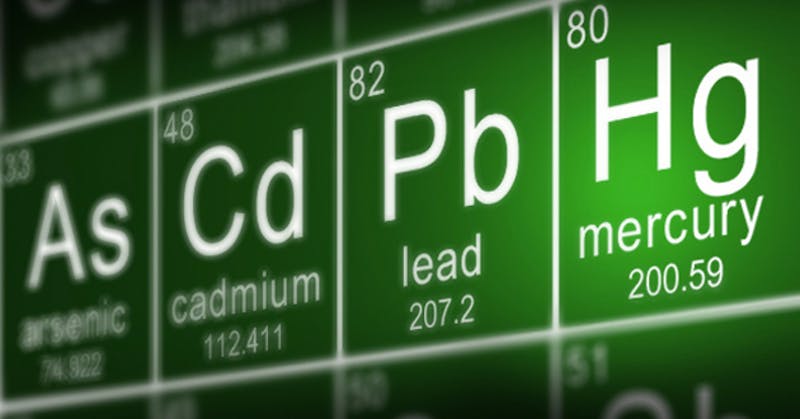ISO 6640 Nickel Testing in Infant Formula
The International Organization for Standardization (ISO) sets stringent standards to ensure that products are safe, reliable, and of high quality. One such standard is ISO 6640, which outlines the procedures for nickel testing in infant formula. This service ensures compliance with these rigorous requirements by providing accurate and precise analysis.
The primary focus of this testing is to detect trace amounts of nickel that could potentially pose health risks if consumed over prolonged periods. Nickel, while naturally occurring in the environment, can sometimes be present at levels higher than recommended for infants due to various reasons such as contamination during processing or packaging.
Our laboratory adheres strictly to ISO 6640 guidelines which include specific methods for sample preparation and analysis using advanced instrumentation like Inductively Coupled Plasma Mass Spectrometry (ICP-MS). This technique allows us to measure extremely low concentrations of nickel with high accuracy and precision.
The process begins by collecting a representative sample from the batch being tested. Proper sampling is crucial as it directly affects the reliability of test results. Once collected, these samples undergo rigorous preparation steps including drying, grinding if necessary, and digestion in appropriate acids to release bound forms of nickel. After thorough preparation, solutions are analyzed using ICP-MS.
The results from our ISO 6640 nickel testing are reported back to clients within a specified timeframe. Our reports include detailed information about the concentration levels found along with any deviations from acceptable limits set forth in ISO 6640. These findings help ensure product safety and compliance, which is essential for maintaining consumer trust.
Compliance with such standards not only protects public health but also enhances brand reputation among consumers who value quality assurance above all else. By adhering to these international protocols, manufacturers demonstrate their commitment to producing safe products that meet global standards of excellence.
Applied Standards
- ISO 6640: Specification for Nickel in Infant Formula and Talc
The application of these standards ensures consistency across different markets where infant formula is produced. It provides a uniform approach to nickel testing, enabling accurate comparison between batches from various manufacturers.
Scope and Methodology
The scope of this service encompasses the entire process involved in nickel analysis as per ISO 6640. This includes sample collection, preparation, instrumentation used for measurement, calibration procedures, quality control measures implemented throughout each step.
To begin with, we collect samples from batches being analyzed ensuring they represent the whole batch accurately. After collection, samples go through rigorous preparation processes such as drying, grinding (if needed), and digestion in suitable acids to release nickel present in bound forms. Following this stage, solutions are then subjected to ICP-MS analysis.
During instrumentation calibration stages, we ensure our equipment is accurate according to ISO 6640 specifications. Quality control measures like duplicate analyses or spiked samples further enhance the reliability of results obtained during nickel testing.
International Acceptance and Recognition
- Nickel content in infant formula is regulated by multiple countries worldwide including the European Union (EU), United States Food and Drug Administration (FDA), Australia New Zealand Food Standards Code, Canadian Food Inspection Agency.
The nickel testing procedure based on ISO 6640 has gained international recognition due to its reliability and accuracy. This standard is widely accepted across numerous regulatory bodies ensuring consistent compliance worldwide.
European Union regulations specifically prohibit the addition of any metal contaminants including nickel in infant formula unless they occur naturally. Hence, rigorous testing like ours becomes necessary to verify product safety.
In the United States, FDA guidelines stipulate that no more than 100 nanograms per gram (ng/g) of dietary nickel should be present in infant formulas. Our tests adhere strictly to these limits ensuring compliance.
Australia and New Zealand follow similar protocols under their food standards code where maximum allowable levels are defined for various elements including nickel.
Canada also has stringent regulations regarding metal content in baby foods, particularly focusing on nickel concentration. Compliance with ISO 6640 helps meet these requirements effectively.





